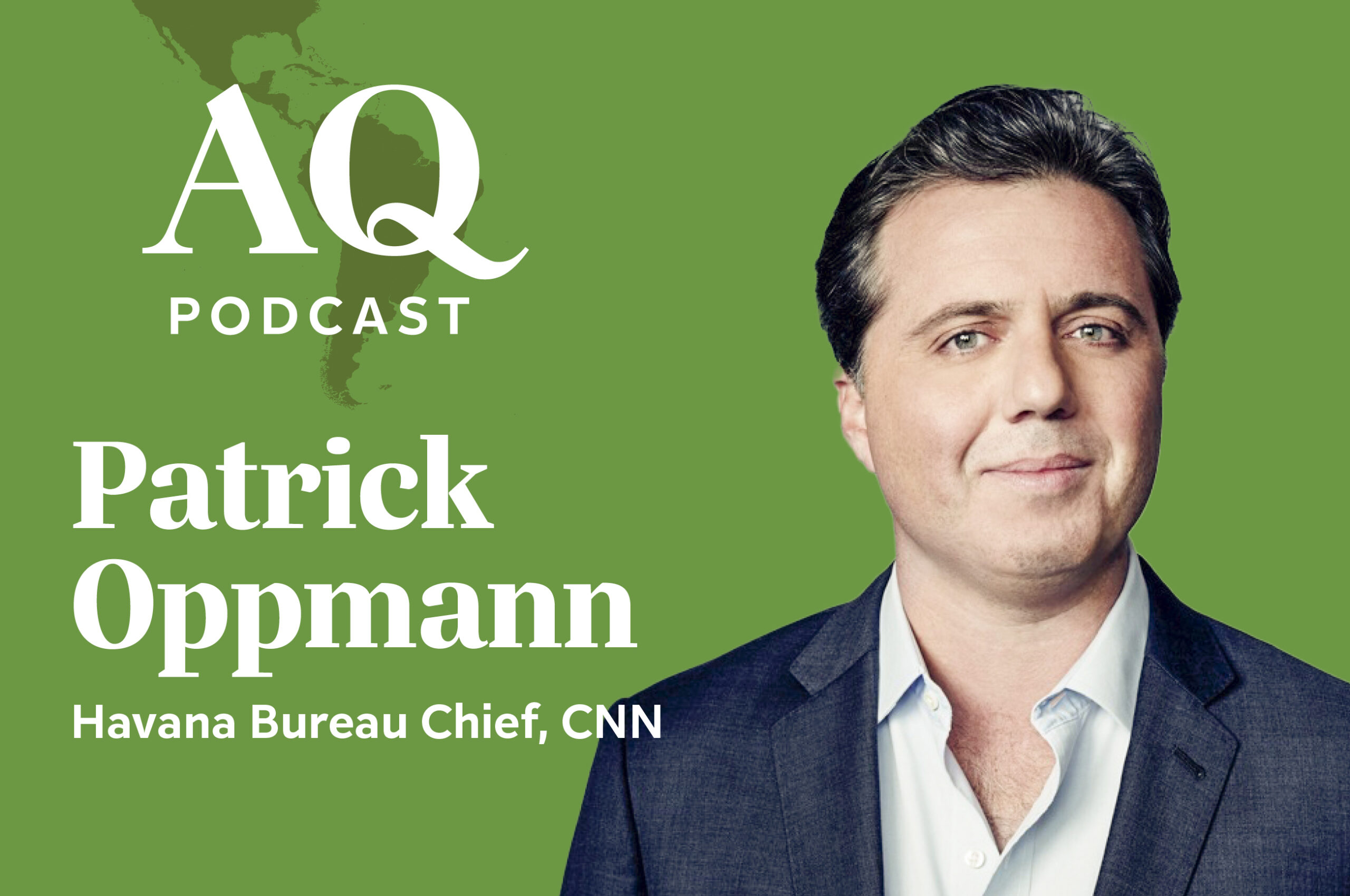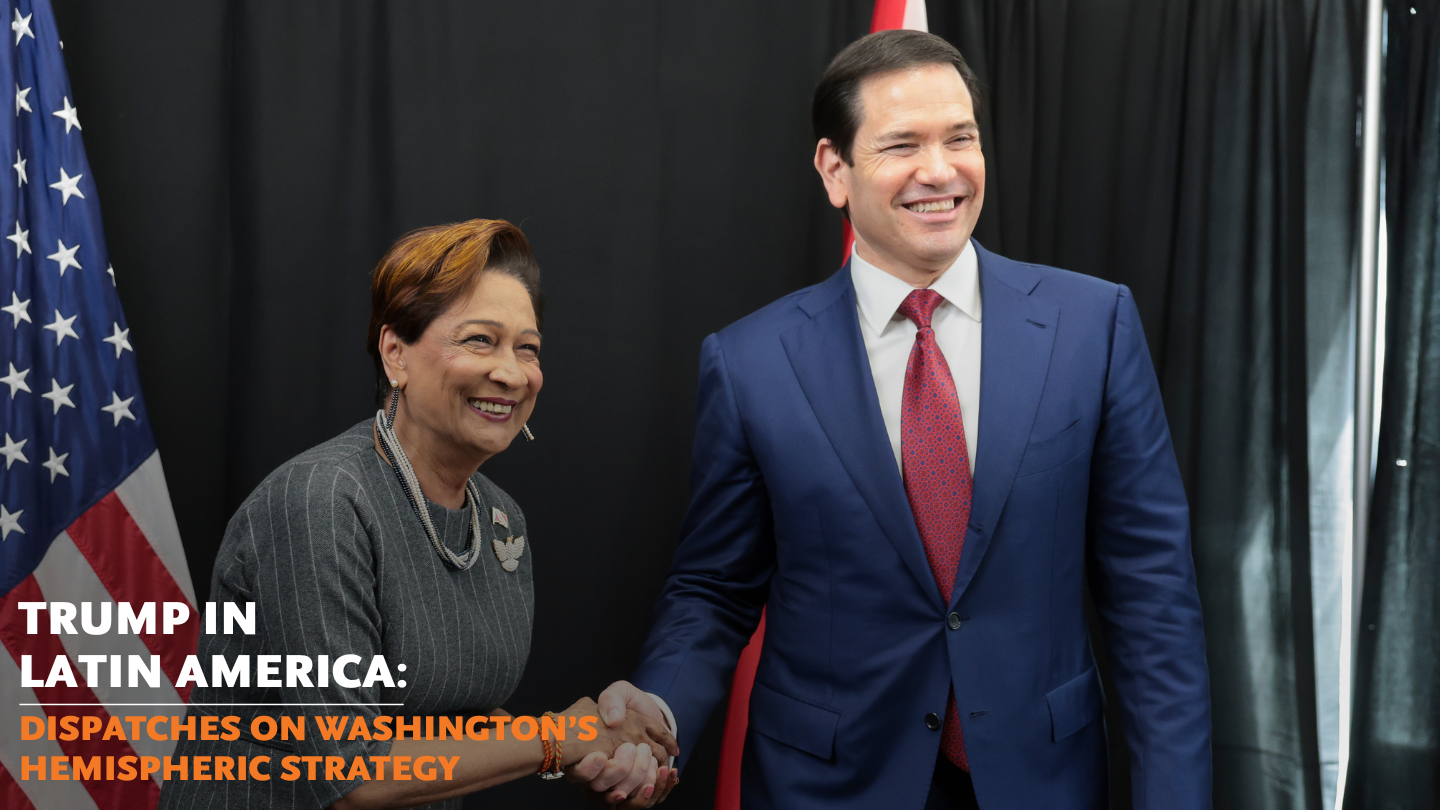Time to Press on With Our Plan in Havana
Time to Press on With Our Plan in Havana
"If done carefully, further reforms hold the promise of breaking the policy and human rights stasis that has gripped Cuba, and U.S. policy towards Cuba, for more than half a century. That is a prize worth grasping," writes AS/COA's Christopher Sabatini in the Financial Times.
Rumblings in Cuba and Washington this summer have raised expectations that change is on its way for the hemisphere’s most repressive regime, and one of the US’s most anachronistic policies. Behind them lie the potential to foster greater personal and economic freedom within Cuba – although only if President Barack Obama is willing to continue pushing.
This week reports suggested that oil exploration may soon begin off Cuba’s coast, potentially testing the current US trade embargo. Earlier in August President Raúl Castro’s announcement of economic reforms was followed by rumours from the US of plans to allow greater cultural and educational exchanges. In July the Catholic church also brokered the release of 52 political prisoners from Cuban jails.
On the surface these changes seem marginal. Within Cuba, the drip-drip release of political prisoners is rightly seen as a typical authoritarian ploy to curry international favour. More than 100 are likely still to be locked up, although hazy laws both cloud the true count and provide ample room for the government to round up activists at will.
The economic reforms fall similarly short of the mark. Promises to allow small private businesses to operate legally are a shift, although token reforms such as liberalising barber shops or letting bar owners hire their own bar staff will surely fail to address the bottlenecks in Cuba’s economy. And while Cuba’s oil drilling could in theory open up pressure from US oil companies, it is still some way from showing success.
These legitimate doubts, though, should not preclude a more forceful US policy. If rumours are to be believed, Mr Obama is poised to grant more educational, cultural and sports travel to Cuba by US citizens. He also plans to license more airports to fly charter flights to Havana.
There is already opposition to such changes, mostly from Cuban-American legislators who think any lifting of restrictions will, by bringing visitors to the island, fill the regime’s empty coffers and indirectly finance repression. This is also the general argument for the embargo. But allowing artists and academics to travel is a far cry from lifting the embargo as a whole. Even during the height of the cold war, the US and Soviet Union regularly allowed such exchanges.
Importantly, in changing the rules the president is only exercising authority granted to him under the 1996 embargo to license non-tourist travel to Cuba. These laws, known as the Helms-Burton rules, lay out conditions allowing the president to lift economic sanctions, including the release of prisoners and credible commitments to a democratic transition. But they also grant latitude in areas such as education and some travel.
For this and future reforms, the calculation should be whether the benefits of greater freedom outweigh any economic boost to the regime. Here exchanges allowing certain groups of Americans to interact with Cuban counterparts, thus demonstrating the benefits of intellectual and artistic freedom, are clearly a net gain. That their counterparts would be limited to individuals and institutions selected by the Cuban government should not matter. All the better, in fact.
In short, these mooted reforms are welcome, but the Obama administration should still be looking to do much more to help the people of Cuba. The next set of changes should be ending current telecoms regulations – even more restrictive than those aimed at Iran and Syria – that only hamper the ability of US companies to extend the digital revolution to Cuban citizens. Another is allowing Cuban-American, and other US citizens who legally travel to Cuba, access to US-based bank accounts. Both reforms would provide Cubans with better access to information, financial services and even credit.
Such moves would not, as critics will doubtless claim, amount to US concessions to Cuba’s government. There remains scope for improved discussions on issues such as migration, although any further loosening of economic restrictions should be judged on their ability to help the Cuban people, not just on how much they deny revenue to a repressive regime.
If done carefully, further reforms hold the promise of breaking the policy and human rights stasis that has gripped Cuba, and US policy towards Cuba, for more than half a century. That is a prize worth grasping.
The author is senior director of policy at the Americas Society and Council of the Americas and editor in chief of Americas Quarterly.








